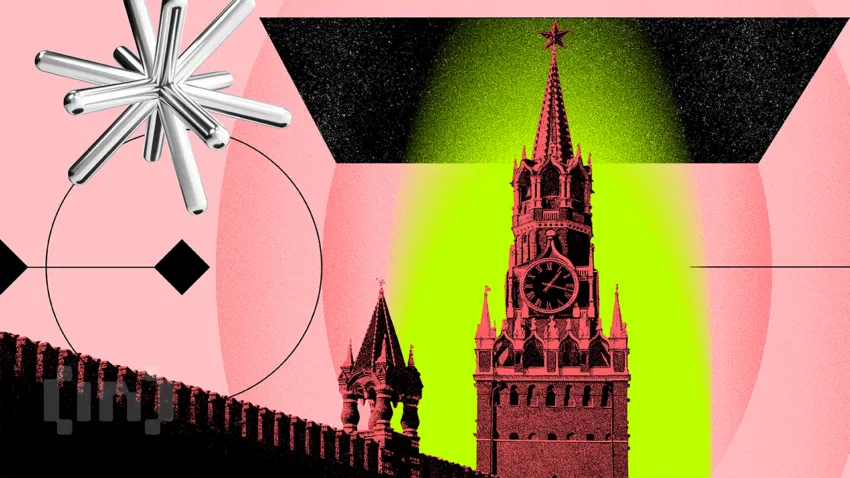On September 1, a law allowing the use of cryptocurrency for foreign trade settlements came into effect in Russia. However, this activity is still awaiting full regulation.
Anatoly Aksakov, Chairman of the State Duma Financial Market Committee, announced that the Central Bank and the Ministry of Finance of the Russian Federation are working on bylaws to establish rules for cross-border payments in cryptocurrency. The government aims to finalize these regulations by the end of November.
Russia Recognizes Crypto for Cross-Border Payments
Russian government will initially test the cryptocurrency payment mechanism under an experimental legal regime (EPR). It means that only selected participants, such as credit organizations and banks, will engage in the process. The phased approach will aim to minimize risks and help define regulations to protect the market from fraud.
Aksakov revealed that companies are already using cryptocurrency for import and export payments, with transactions estimated in the billions of dollars. He highlighted the need to restrict the number of financial institutions involved in these transactions at the initial stage to better understand the market and develop effective regulations.
“It’s important to safeguard the market from unscrupulous participants,” Aksakov said, noting that cryptocurrency is not only used to pay for essential goods but also for purchasing weapons and drugs.
Read more: Crypto Regulation: What Are the Benefits and Drawbacks?
The Central Bank and the Ministry of Finance are drafting bylaws that will define the operational rules for cross-border crypto payments and specify which individuals and organizations can participate in the initial phase of trading. Over time, the range of participants will expand, and new trading platforms will emerge.
Aksakov stressed that they will restrict the use of digital assets solely to foreign trade activities. He made it clear that Russia will not recognize cryptocurrency as a means of payment within the country.
“Cryptocurrency as a means of payment within the country should not be allowed. It will only be used for foreign trade transactions, and this process must be regulated. In my view, cryptocurrency should be regulated similarly to foreign currencies,” he stated.
Read more: Top 9 Crypto-Friendly Countries For Digital Assets Investors
Disagreements between the Central Bank and the Ministry of Finance regarding the creation of crypto exchanges in Russia have previously been reported. Bloomberg sources also suggest that the use of cryptocurrencies for cross-border payments will take place within Russia’s MIR payment system.
Disclaimer
In adherence to the Trust Project guidelines, BeInCrypto is committed to unbiased, transparent reporting. This news article aims to provide accurate, timely information. However, readers are advised to verify facts independently and consult with a professional before making any decisions based on this content. Please note that our Terms and Conditions, Privacy Policy, and Disclaimers have been updated.


